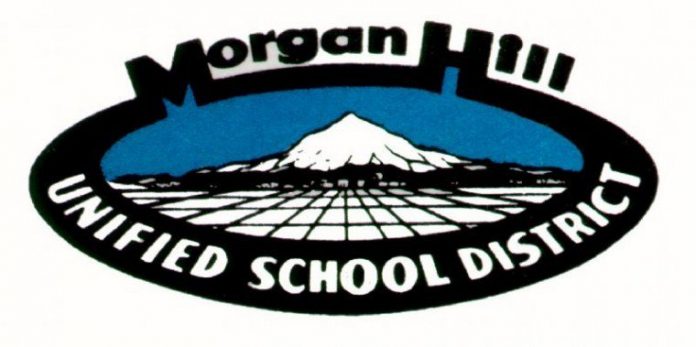With school district leaders pushing for a parcel tax to be on the June 2018 ballot, Morgan Hill Unified’s board of education unanimously approved a $20,000 consulting contract to pursue the measure.
At the Sept. 5 meeting, trustees pulled the item into the general business realm for open discussion, of which there was little, and then promptly approved a contract with TBWB Strategies for parcel tax consulting services.
Prior to the board vote, Kirsten Perez, MHUSD’s Assistant Superintendent of Business Services, explained that district staff preferred going for a parcel tax measure in June rather than November so they could have the monies by the 2018-19 fiscal year. If they waited until November, those funds wouldn’t be flowing in until 2020, Perez added.
In June 2017, parcel tax polling of 400 potential voters was conducted by a different firm, Gene Bregman & Associates, at a cost of $24,000. Those results “demonstrated that the community has a positive opinion of MHUSD, respondents are supportive of local public schools and programs within the district, and a majority are willing to vote for a parcel tax to support public education,” according to district staff.
Specifically, results showed that voters were likely to approve a $55 tax increase for an education parcel tax, by a majority of 68 percent on the June 2018 ballot or by 72 percent on the November 2018 ballot. If approved, the parcel tax would generate about $1.1 million annually for the district based on an estimated 20,000 parcels.
At that time, Gene Bregman told the board that it depended on how much money the district needed and when they needed it.
“Although the poll results showed that a higher-turnout election would likely yield a higher level of taxation, staff recommends a June 2018 measure so that funds generated from the parcel tax would be received in the 2018-19 fiscal year in order to stabilize the budget and reduce the need for budget reductions,” according to district staff.
A higher $75 tax increase gave a favorable 68 percent approval rating among the 400 likely voters pool for the November 2018 ballot, but was slightly under at 61 percent if done in June 2018. At $95, the approval rating dipped to 63 percent in November and 55 in June.
The new contract with TBWB Strategies is “to support the district in the initial stages of the parcel tax planning process by building consensus with outreach and awareness-building strategies and constructing a strong ballot measure by aligning the parcel tax measure with the community’s priorities and tax sensitivities,” district staff wrote.
The district previously sought approval for a parcel tax in June 2006, which was called Measure E, but the parcel tax was unsuccessful with only a 55.5 percent approval rate. A parcel tax requires a two-thirds approval rate.
A parcel tax is a form of property tax assessed at a rate based on the characteristics of a “parcel,” rather than on the assessed value of the property, which is the standard method for levying property taxes, according to ballotpedia.org. It can be used for any type of spending, including construction costs, employee salaries and other projects or needs.








